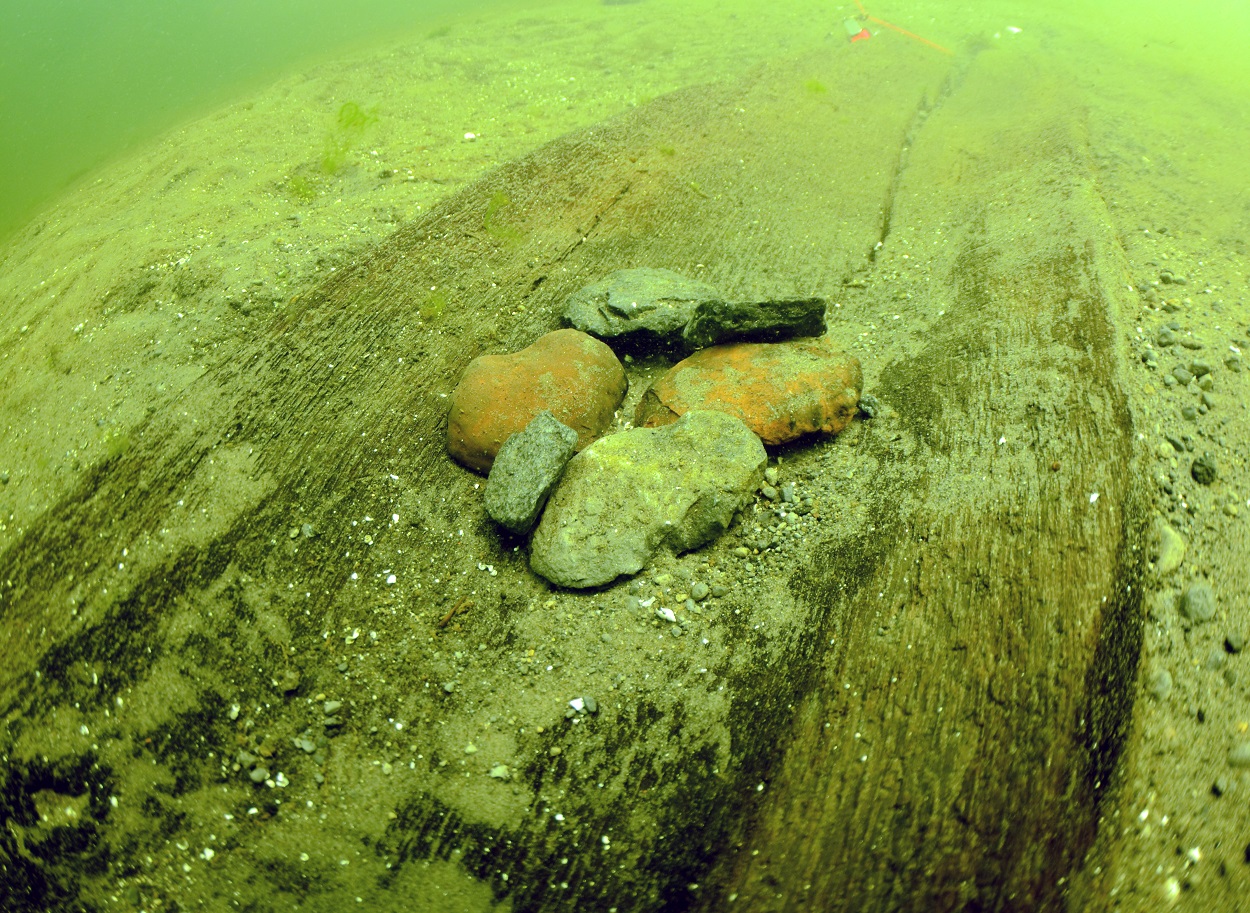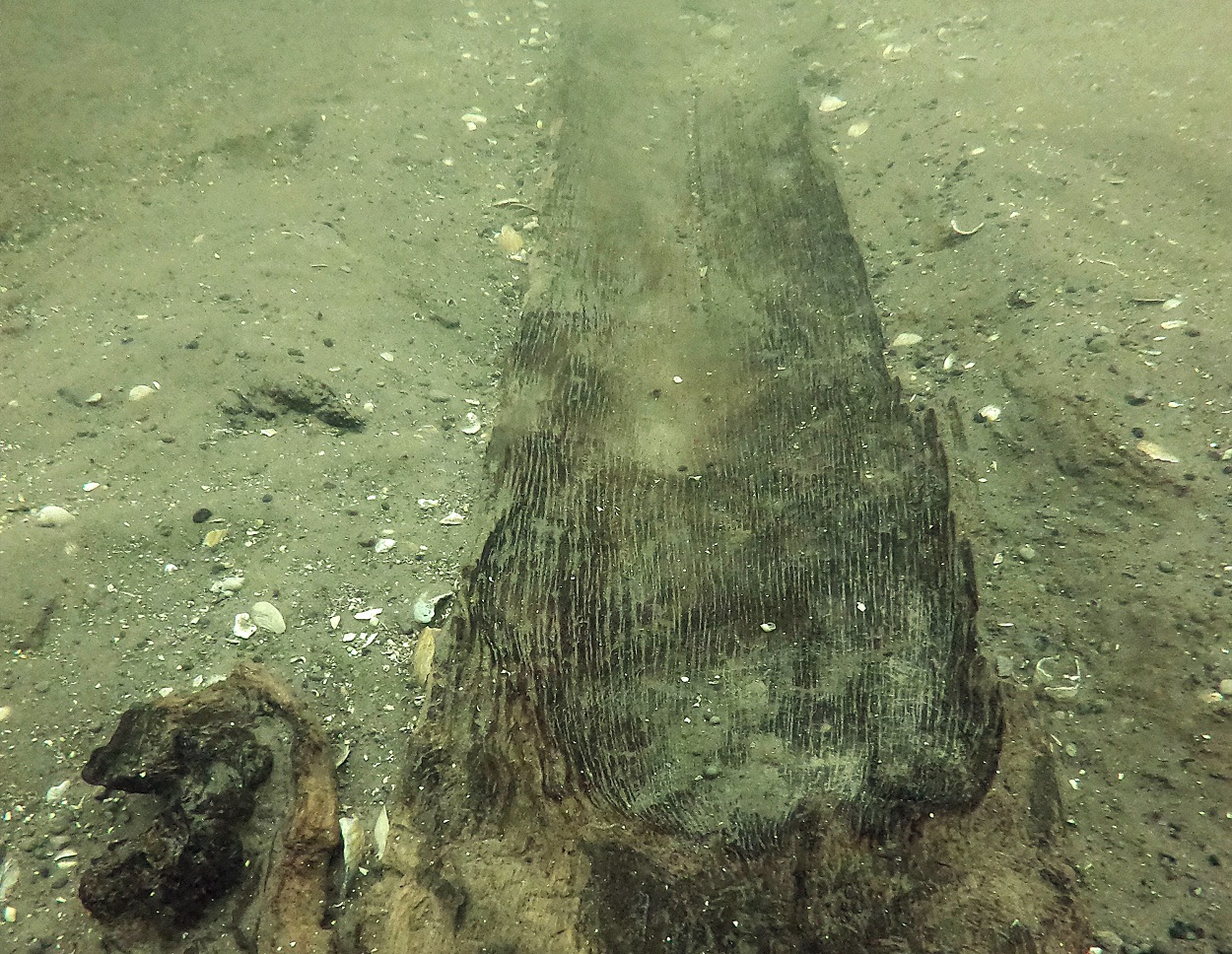In 2021, Tamara Thomsen, a maritime archaeologist with the Wisconsin Historical Society, discovered a partially obscured dugout canoe in the depths of Lake Mendota in Madison, United States.
Following the discovery, a second canoe was identified by archaeologists, leading to a groundbreaking recovery project in 2021 and 2022 between the Wisconsin Historical Society, in partnership with Native Nations in Wisconsin.
Both canoes were carved from a single tree, with the first canoe dating to 1,200-years-ago, and the second dating from 3,000-years ago.
Ongoing studies in the vicinity of where both canoes were recovered has revealed a cache of at least ten canoes, and possibly 11 pending further analysis of wood fragments (this grouping includes the two previous recovered canoes).

Archaeologists theorise that the canoes may have been intentionally submerged and deposited in Lake Mendota to prevent the wood warping in the freezing winter months, but were buried by lake sediment overtime.
The cache is concentrated along what was likely the lake’s ancient shoreline. However, due to environmental shifts in the region, this shoreline became submerged and is now located at a depth of 30 feet.
Dr Amy Rosebrough, State Archaeologist for the Wisconsin Historical Society, said: “What we thought was an isolated discovery in Lake Mendota has now evolved into a significant archaeological site that reveals new insights into the people who lived and thrived in this area over thousands of years.”
Samples were taken from each canoe for carbon dating and wood type analysis. The results revealed that the earliest canoe dates from 4,500-years-ago, making this the oldest example found in the Great Lakes region.
The wood type analysis, conducted by the USDA Forest Products Laboratory, has identified Elm, Ash, White Oak, Cottonwood, and Red Oak, signalling environmental shifts that impacted forest composition.
A survey using ground penetrating radar (GPR) has also discovered lakebed anomalies, suggesting the possibility of a submerged ancient village beneath Lake Mendota.
“We have a lot to learn from the Mendota canoe site, and the research happening today allows us to better understand and share the stories of the people who lived here and had a thriving culture here since time immemorial,” said Larry Plucinski, the Lake Superior Chippewa Tribal Historic Preservation Officer.
Header Image Credit : Wisconsin Historical Foundation
Sources : Wisconsin Historical Society





